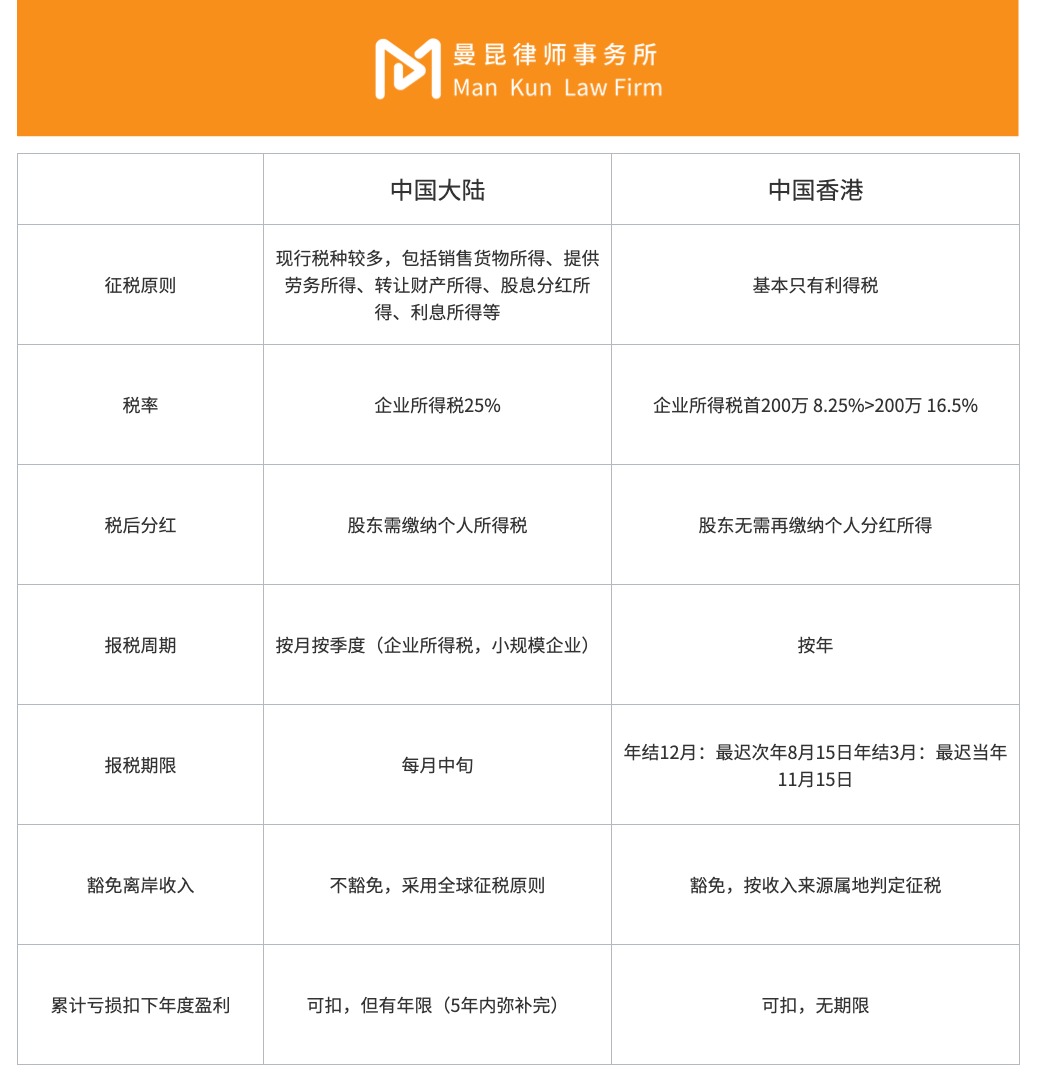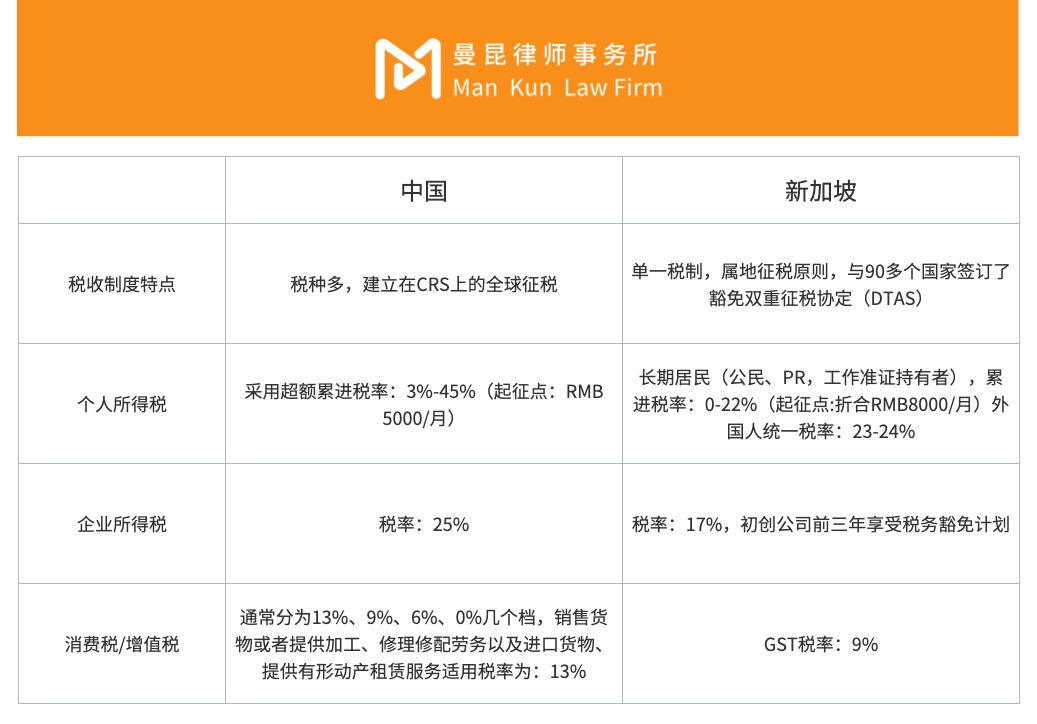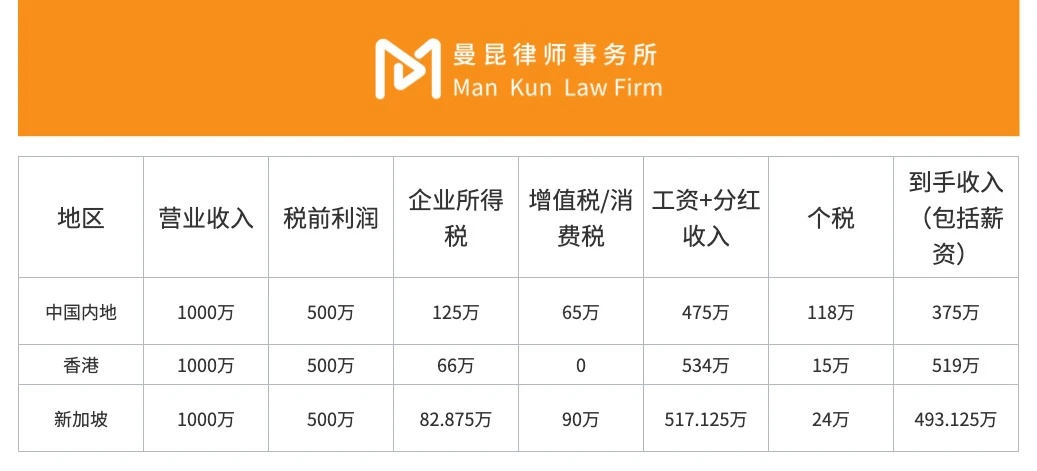With the booming development of Web3.0 technology around the world, more and more Chinese entrepreneurs are choosing to start businesses overseas, especially in Hong Kong and Singapore, which have friendly policies and stable environments. Hong Kong and Singapore have a positive attitude in the field of Web3.0 and transparent supervision, providing great convenience and support for entrepreneurs. In Hong Kong, well-known Web3.0 companies such as Animoca Brands and HashKey have achieved remarkable achievements worldwide through continuous innovation and expansion. Singapore has attracted industry giants such as Binance and Crypto.com, and has become a hot spot for blockchain and cryptocurrency entrepreneurship with its good legal framework and tax incentives.
When entrepreneurs choose a place to start a business, in addition to considering the policy environment, they also need to choose the region that is most conducive to the long-term development of the company from the perspective of tax planning.
Comparison of policies among three regions
The tax policies of mainland China, Hong Kong and Singapore are different. The specific differences are as follows.
Mainland China and Hong Kong
In terms of taxation, the main differences between mainland China and Hong Kong for enterprises are:

In terms of major tax categories, there are 6 major categories in mainland China, which are divided into:
Corporate income tax (5%, 15%, 25%)
Personal income tax (3% -45%)
Value Added Tax (3%, 9%, 13%, etc.)
Shareholder dividends, capital gains, etc. (20%)
Foreign income (taxed worldwide)
The main taxes in Hong Kong, China are corporate profit tax (8.25% -16.5%) and salary tax (2% -17%). Other taxes, including shareholder dividends, overseas income, and stock appreciation, are not subject to tax.
China and Singapore
In terms of taxation, there are significant differences between China and Singapore, as follows:

The following three specific cases illustrate the tax responsibilities and costs faced by starting a business in mainland China, Hong Kong, China and Singapore.
Case 1: Starting a business in Mainland China
Mr. Wang is a young Web3 entrepreneur who founded a blockchain technology company in Beijing, focusing on developing decentralized applications (dApps).
Corporate level taxation
Assume that Mr. Wangs company has an operating income of RMB 10 million in the first year after its establishment, of which the pre-tax profit is RMB 5 million. According to Chinas tax policy, his company needs to pay 25% corporate income tax, which is RMB 1.25 million. In addition, his company also needs to pay value-added tax. Assuming that his products are subject to a 13% tax rate and there is an input tax of RMB 5 million, the value-added tax he needs to pay is (1000-500) * 13% = RMB 650,000.
Taxation at the individual level
As the sole shareholder of the company, Mr. Wang received a dividend of RMB 3.75 million from the company (RMB 5 million pre-tax profit minus RMB 1.25 million corporate income tax), and needs to pay a dividend tax of RMB 750,000. Assuming that he receives an annual pre-tax salary of RMB 1 million from the company, according to Chinas progressive tax rate, his personal income tax is approximately RMB 430,000 (simplified calculation).
In the end, Mr. Wangs income was: 1 million yuan (salary) + 3.75 million yuan (dividends) - 430,000 yuan (personal income tax) - 750,000 yuan (personal income tax on dividends) = 3.57 million yuan.
Case 2: Starting a business in Hong Kong, China
Ms. Li is an experienced Web3 entrepreneur who founded a fintech company in Hong Kong that mainly provides blockchain solutions to multinational companies.
Corporate level taxation
Assume that Ms. Lis company has an operating income of HK$10 million in the first year after its establishment, with a pre-tax profit of HK$5 million. According to Hong Kongs tax policy, the profit tax rate for the first HK$2 million is 8.25%, and the remaining part is subject to a tax rate of 16.5%. The corporate income tax she needs to pay is HK$660,000 (HK$2 million × 8.25% + HK$3 million × 16.5%).
Taxation at the individual level
Ms. Li (a Hong Kong tax resident) receives a salary of HK$1 million from her company every year. Based on Hong Kongs progressive tax rate, her personal income tax is approximately HK$150,000 (simplified calculation). In addition, she receives dividends of HK$4.34 million from the company (HK$5 million pre-tax profit minus HK$660,000 corporate profits tax), and does not need to pay any tax on dividends in Hong Kong.
In the end, Ms. Lis income was: HK$1 million (salary) + HK$4.34 million (dividends) - HK$150,000 (personal income tax) = HK$5.19 million.
Case 3: Starting a business in Singapore
Mr. Chen (Singapore tax resident) is a veteran Web3 entrepreneur who founded a cryptocurrency exchange in Singapore, focusing on providing secure and efficient digital asset trading services.
Corporate level taxation
Assume that Mr. Chens company has an operating income of 10 million Singapore dollars in the first year after its establishment, of which the pre-tax profit is 5 million Singapore dollars. According to Singapores tax policy, the first 200,000 Singapore dollars of profit enjoys tax relief, and the total tax paid is 12,750 yuan (10* 4.25% + 10* 8.5% = 12,750 yuan). The rest is subject to a 17% tax rate. The corporate income tax he needs to pay is about 828,750 Singapore dollars (12,750 + 4.8 million × 17%).
In addition, his company is subject to a 9% Goods and Services Tax (GST). Assuming that a portion of the annual sales is subject to GST, the GST he needs to pay is approximately S$900,000 (S$10 million x 9%).
Taxation at the individual level
As the companys major shareholder, Mr. Chen receives a salary of 1 million Singapore dollars from the company every year. Based on Singapores progressive tax rate, his personal income tax is about 240,000 Singapore dollars (simplified calculation). He received a dividend of 4,171,250 Singapore dollars from the company (5 million pre-tax profits minus 828,750 corporate income tax), and no tax is required on dividends in Singapore.
In the end, Mr. Chens income was: 1 million Singapore dollars (salary) + 4,171,250 Singapore dollars (dividends) - 240,000 Singapore dollars (personal income tax) = 4,931,250 Singapore dollars.
Data comparison summary

The above data comparison shows that the tax policies of different regions have a significant impact on entrepreneurs. Hong Kong has the lightest tax burden, because there are only three direct taxes and tax-free quotas, so entrepreneurs can get the highest income; Singapore is second, although the tax burden is lower, but because of the need to pay consumption tax, the final income is slightly lower than Hong Kong; the tax burden in mainland China is heavier, and the final income is the lowest. These data can help entrepreneurs make more informed decisions when choosing a place to start a business.
It should be noted that the above entrepreneurs use tax rates in different countries or regions, which must comply with the relevant regulations of the local taxpayers. If Chinese taxpayers start businesses overseas, they generally need to file tax returns with the tax authorities in the place where they work or are employed in China. The time for tax returns is from March 1 to June 30 of the month following the month when the income is obtained.
Summarize
For Web3 entrepreneurs, choosing a suitable place to start a business requires not only considering tax knowledge and tax costs, but also comparing the regulatory policies and legal environments of different countries to ensure the long-term development of the enterprise. Hong Kong and Singapores open attitude and superior tax policies in the Web3 field provide entrepreneurs with a good development platform. However, before making a decision, entrepreneurs are advised to consult professional lawyers and financial advisors to fully understand the laws and regulations and tax risks of various places and make the most favorable choice.
This article does not constitute legal, accounting or tax consulting advice. Readers should understand and use this article in conjunction with appropriate professional opinions issued by qualified professionals.










